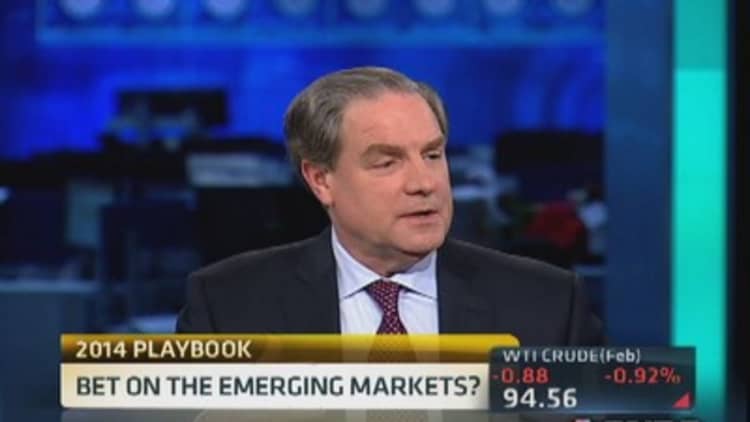India's e-commerce market is heating up after the country's largest online marketplace introduced same-day delivery, just weeks after international rival Amazon and home-grown competitor Flipkart brought in the service.
Snapdeal, which has 20 million registered users and a $50 million investment from eBay of the U.S., plans to roll out the plan in Delhi.
If an item is ordered before 1 pm it will be delivered on the same day, Rohit Bansal, co-founder of the company told the TechCrunch blog.
"More than 90 percent of the orders placed on Snapdeal.com are shipped within 24 hours. However, we do understand that sometimes customers want the products urgently. The Same Day Express Delivery Service has been launched to meet such customers' wish," he said.
(Read more: India's e-commerce 'gold rush' fraught with risks)
E-commerce companies battle
The move marks increasing competition between e-commerce firms in India in a market that could be worth $56 billion in sales by 2023, according to the Associated Chambers of Commerce and Industry of India.
In December, Amazon introduced a 99 rupee same day delivery service for certain items followed by Flipkart's 90 rupee per item same day operation.
E-commerce companies are beginning to see the potential in the online retail market, although it still remains very small. The Indian e-commerce market was worth around $16 billion in 2013, while the U.S. sector was estimated to be valued at $262 billion, according to market research by Forrester.
(Read more: Wal-Mart's India departure, a sign of things to come?)
"It is one of those markets that is quite embryonic. As a proportion of retail sales, e-commerce is very low," Neil Saunders, retail analyst at Conlumino told CNBC in a phone interview.
"These new ventures are interesting to consumers, and although they are not guaranteed successes, they could really take off with a growing middle class who would be prepared to pay for this convenience. It is not a large market but it is lucrative."
Problems still remain
India's e-commerce sector faces huge infrastructure problems. Only 1.1 per 100 people in India have broadband compared with the 9.9 global average, according to a report by UNESCO. Many customers also still pay with cash as they do not have access to banking.

"There is a still lot of emphasis on using paper money. People are reluctant about using their cards online. It is very different than buying something in the shop as you pay for the item before you get it and people are suspicious of this," Neha Nayak, trend and innovation consultant at Mintel told CNBC in a phone interview.
Political restrictions are also holding back the sector. Currently, foreign direct investment in business-to-consumer e-commerce is prohibited. This means that Amazon and eBay have to operate as online marketplaces, so do not own any inventory, or sell any of their own merchandise to Indian shoppers. They can only offer products from third party sellers.
(Read more: Wal-Mart cozies up to China as it shelves India)
But the Indian government is looking to change this and is could open up e-commerce to FDI as early as April.
International online retailers have tried to get a foot in the market through investing in local startups. In April, eBay beat Amazon and Wal Mart to lead a $50 million funding round in Snapdeal.
—By CNBC's Arjun Kharpal: Follow him on Twitter @ArjunKharpal


